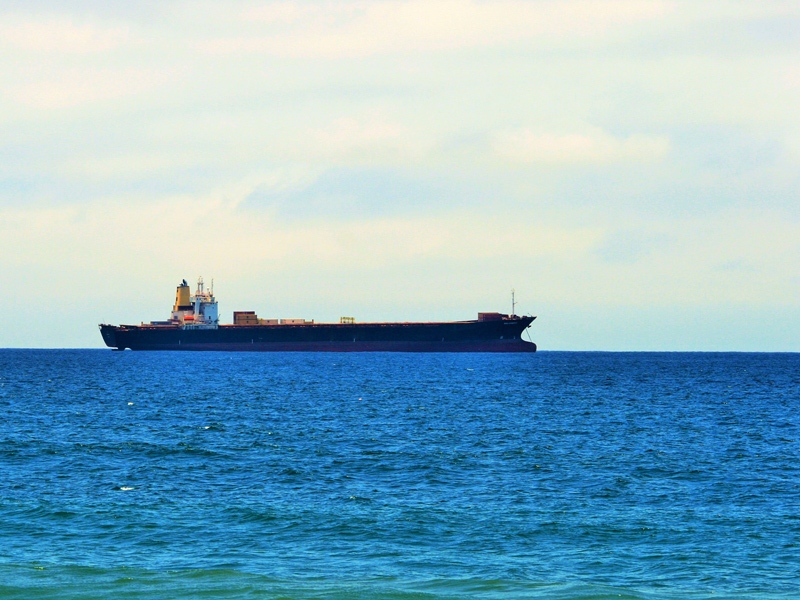IMO’s recent Marine Environment Protection Committee (MEPC 70) completed a packed agenda, illustrating the Organization’s strong commitment to the protection of the marine environment and the atmosphere. An update on the main outcomes was provided to a wide range of stakeholders at the recent Green Ship Technology North America conference, held in Washington DC, United States (15 November). IMO’s Edmund Hughes highlighted the adoption of the revised Guidelines for approval of ballast water management systems (G8), to support the implementation of the Ballast Water Management Convention, which enters into force in September 2017; the key decision to confirm the 1 January 2020 date for the implementation of the 0.5% global sulphur cap; and the approval of provisions to designate Emission Control Areas for control of nitrogen oxides (NOx) in the Baltic Sea and North Sea and also to exempt non-Tier III ships transiting directly from and to shipyards within a designated NOx ECA.
On IMO’s work to contribute to mitigating climate change, the audience was informed about the MEPC’s landmark adoption of a mandatory global data collection system for fuel oil consumption of ships as the first in a three-step approach in which analysis of the data collected would provide the basis for an objective, transparent and inclusive policy debate by the MEPC. The MEPC also approved a Roadmap for developing a “Comprehensive IMO Strategy on reduction of GHG emissions from ships”, under which, and to provide long-term vision for the shipping sector, the MEPC has to address a number of important questions, such as the role international shipping sector should have in supporting the goals of the Paris Agreement.
